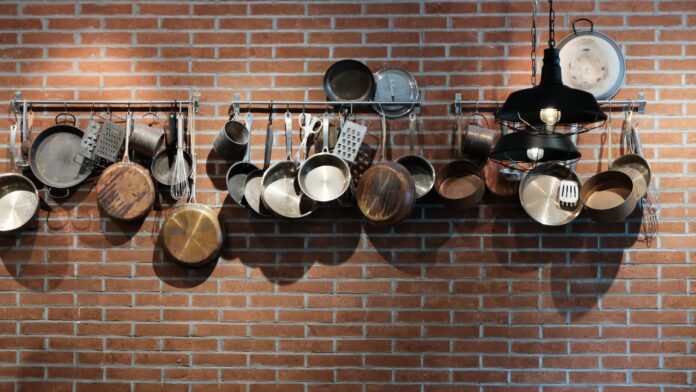In a time of what feels like ever-increasing prices as well as growing concern for the future of the environment, it’s more important than ever to be intentional with our purchases and learn to properly care for the items we already own. This is especially true when it comes to the kitchen, as cookware goes through a significant amount of wear and tear and good quality brands tend to be quite expensive. If you’d like to extend the life of your cookware but aren’t sure where to start, keep reading for some of our best tips.
Non-Stick Pans
The most important thing to remember if you want your non-stick pans to stay non-stick is that it’s essential to avoid anything that can scratch the surface. Opt for wooden or silicone utensils instead of metal when cooking, and allow your pans to cool completely before immersing them in water. Harsh soaps and dishwashers can also do a number on the coating over time, so be sure to hand wash your pans with a gentle sponge and mild dish soap. If you stack your pans, place dishcloths or paper towels between them to prevent scratches.
Stainless Steel
Stainless steel is one of the more durable forms of cookware and can last a lifetime with proper care. However, it does have a tendency to become rusty and warped, so take care of your stainless steel pans by drying completely before putting them away and never immersing hot pans in water. Remove stuck-on food from stainless steel by leaving it to soak in warm, soapy water, using a nylon pad with some baking soda for more stubborn stains.
Cast Iron Skillets
Cast iron skillets require more maintenance than other types of cookware, though can also last for decades with the right care. The most important thing is to season your skillet about once a month with a thin layer of vegetable oil to prevent rust and create a natural non-stick surface. After cooking, hand wash with hot water and a stiff brush to remove food residue, avoiding soap that can strip the seasoning. Dry the skillet completely before storing it in a cool, dry place.






